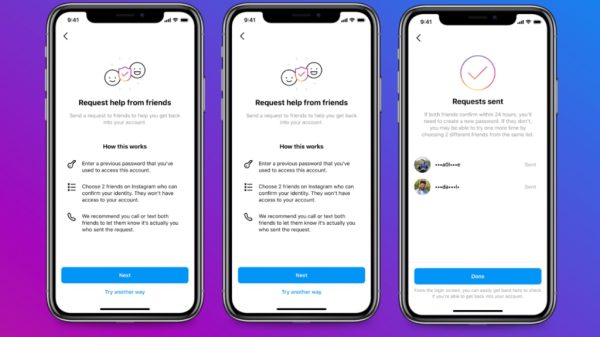For over a decade, we’ve been touting the importance and merit of social media, educated the industry on best practices, pioneered the culture, and played a role in so many of your campaigns.
This may confuse some of you who are thinking we’re out of touch old folks, crapping on social today, but that’s not the case at all. We care about your rear end. Hear me out…
Last night, I saw an amazing Facebook Story (which disappears, just like Instagram Stories).
A Realtor friend of mine in Texas was sharing the interior of a new listing he had, and it was absolutely stunning.
But he made some mistakes.
Most of them were rookie mistakes that you know not to make (calling a neighborhood “safe” which is subjective and makes you legally vulnerable), but others were pretty serious. He noted that the listing was near a mosque, so it was perfect for his “fellow Muslim friends.” Can you say steering? Fair Housing violation?
I reached out to him to learn his process. What did he say?
“They’re gone in 24 hours, it doesn’t matter.”
Okay, but it could matter to the person who screenshot all of the Facebook Story whose calls you never returned, and because they’re Protestant, they now believe you’ve discriminated against them because they aren’t Muslim like you.
It matters to the person who watched and thought “my car was broken into on that street, it’s not safe,” and shares your Facebook Story, mocking it.
Of course this can happen on any social media platform, in any format. It can happen in email. Why are Facebook Stories so unique?
Because they aren’t archived (unlike Instagram Stories where you can turn archiving on).
In the practice of real estate, you are required to keep copies of all communications, files, and marketing for a specified length of time, depending on your location.
How can you keep record of something that disappears, leaving you completely vulnerable, especially if someone else has saved a copy of it? You’re saying “who cares if they saved a copy?!” but I’m saying that if someone else saved a copy and you didn’t, they can edit it any way they wish with no records to compare it to, and a judge may not see your side of the story.
Skip Facebook Stories altogether.
Do Instagram Stories and archive them, if you must, and if you’re ultra tricky, turn on archiving on Instagram Stories, then cross-post them to Facebook Stories. That way, there’s a record of you that proves whether or not you’re liable.
You already have Groups, Pages, and your personal News Feed to update – put Stories on the backburner, even if they’re a great promotional tool. Future You Being Sued will thank you. #cya
Lani is the COO and News Director at The American Genius, has co-authored a book, co-founded BASHH, Austin Digital Jobs, Remote Digital Jobs, and is a seasoned business writer and editorialist with a penchant for the irreverent.

















































